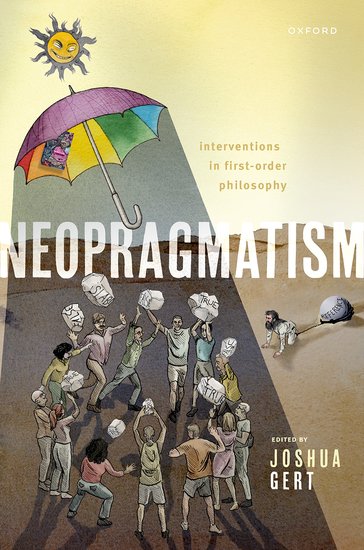Neopragmatism

I’m organizing a symposium on neopragmatism for the 2026 Eastern APA Philosophy Conference. More people should know about neopragmatism.
What is neopragmatism? Gert (2023) is a new anthology collecting new work on neopragmatism. The book description lays it out as follows: > Neopragmatism is a very general language-first approach to questions about the existence or nature of various traditionally philosophically troubling entities or properties. It rejects metaphysical questions about these things by instead focusing our attention on our practices of using the relevant words: words like ‘true’, ‘four’, ‘immoral’, ‘necessary’, ‘art’, and so on. Once we have unmysterious naturalistic explanations of our practices of making assertions with these sorts of words, and of assessing those assertions as true or false, metaphysical worries about them should simply fade away.
The neopragmatist does not ask “What is truth?”” They ask: “What is the function of truth?” Not: “What are numbers?” but “What is the function of number-talk?” They believe that attention to the linguistic function of certain words will be more illuminating than investigations into the entities purporting to correspond to such words.
I’m doubtful of the more radical pragmatism claims to the effect that neopragmatism obviates the need for good-old-fashioned metaphysics. Though the modest idea that the pragmatic function of concepts and terms can be philosophically illuminating — that’s compelling.